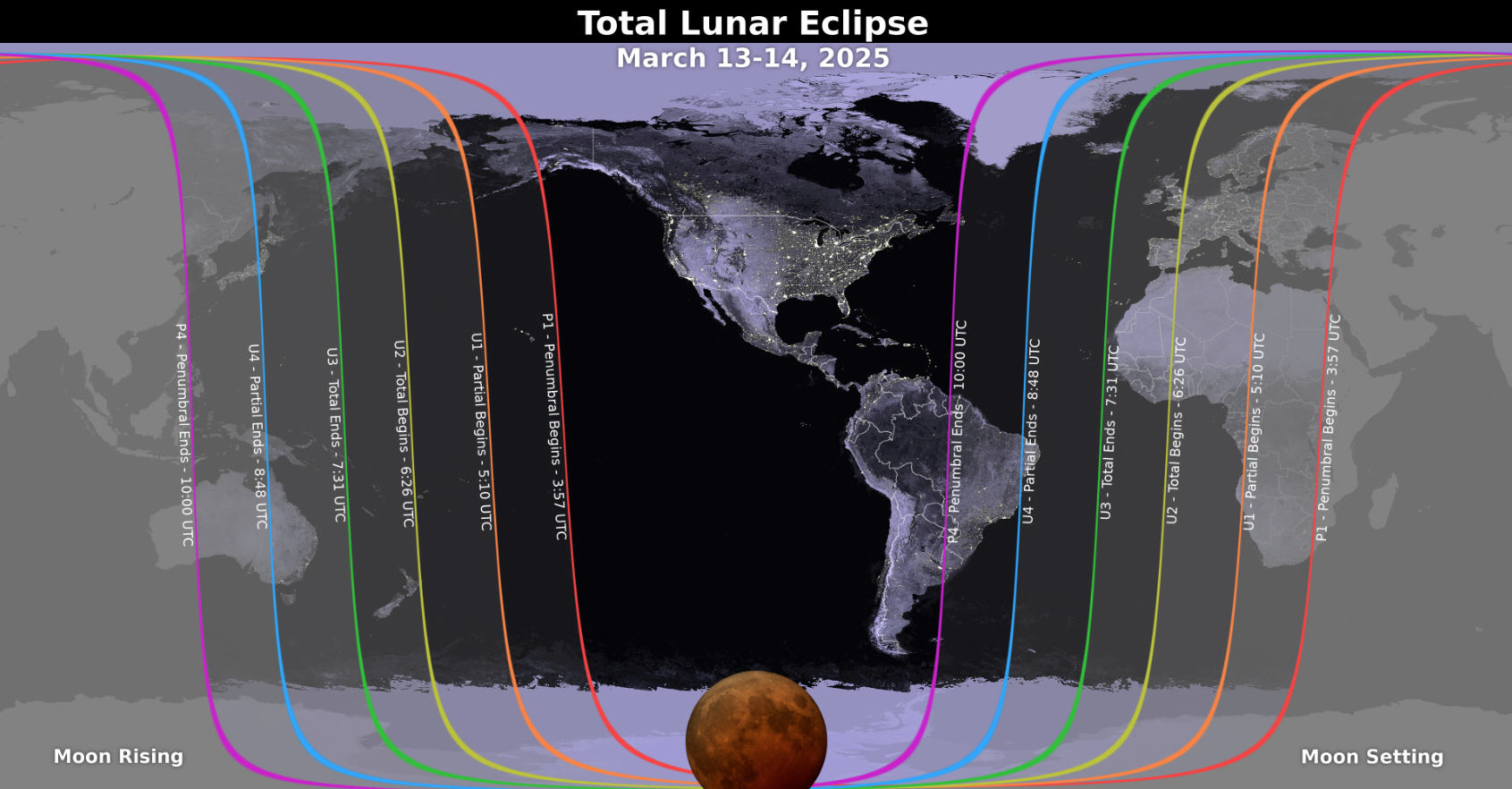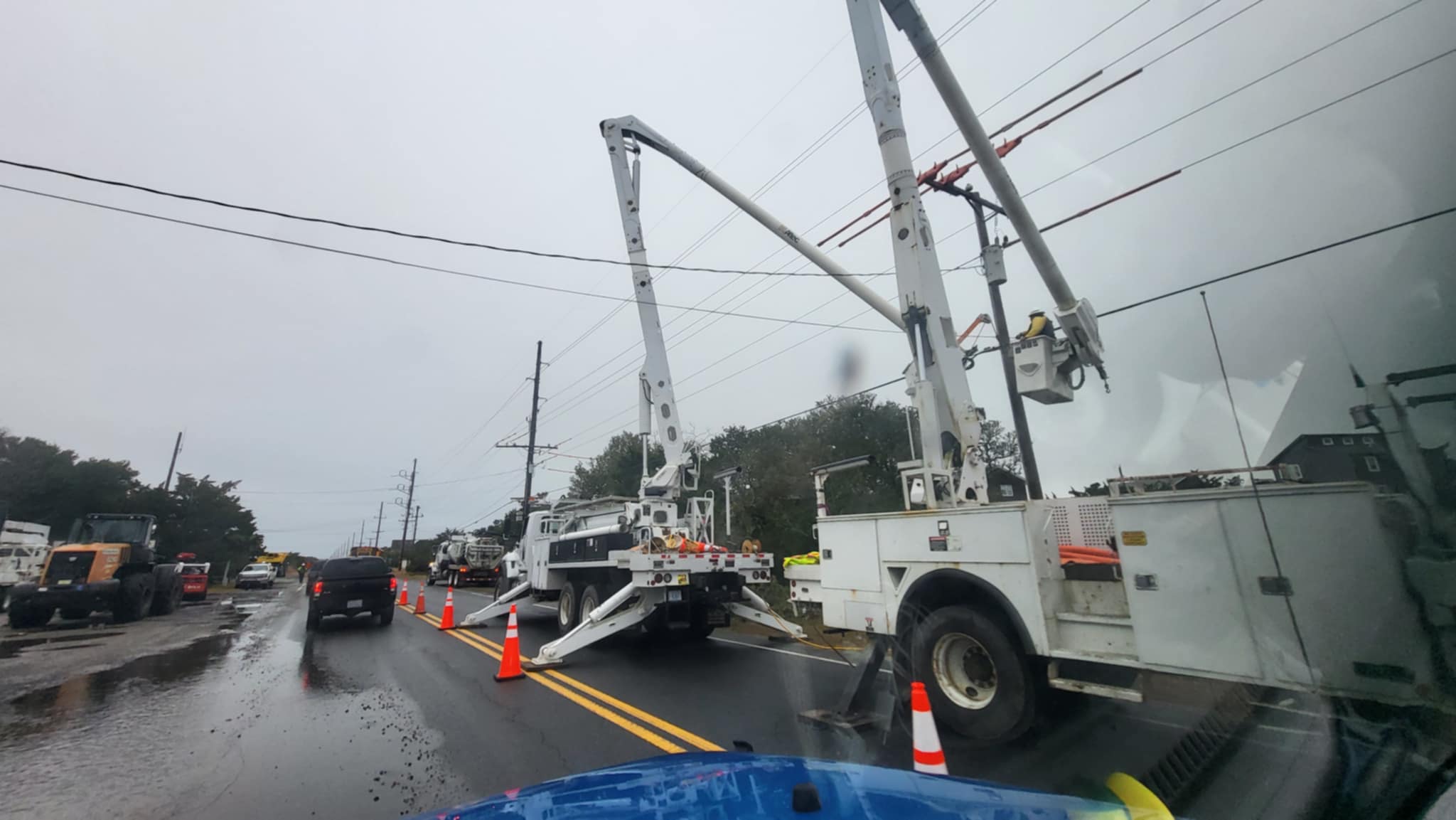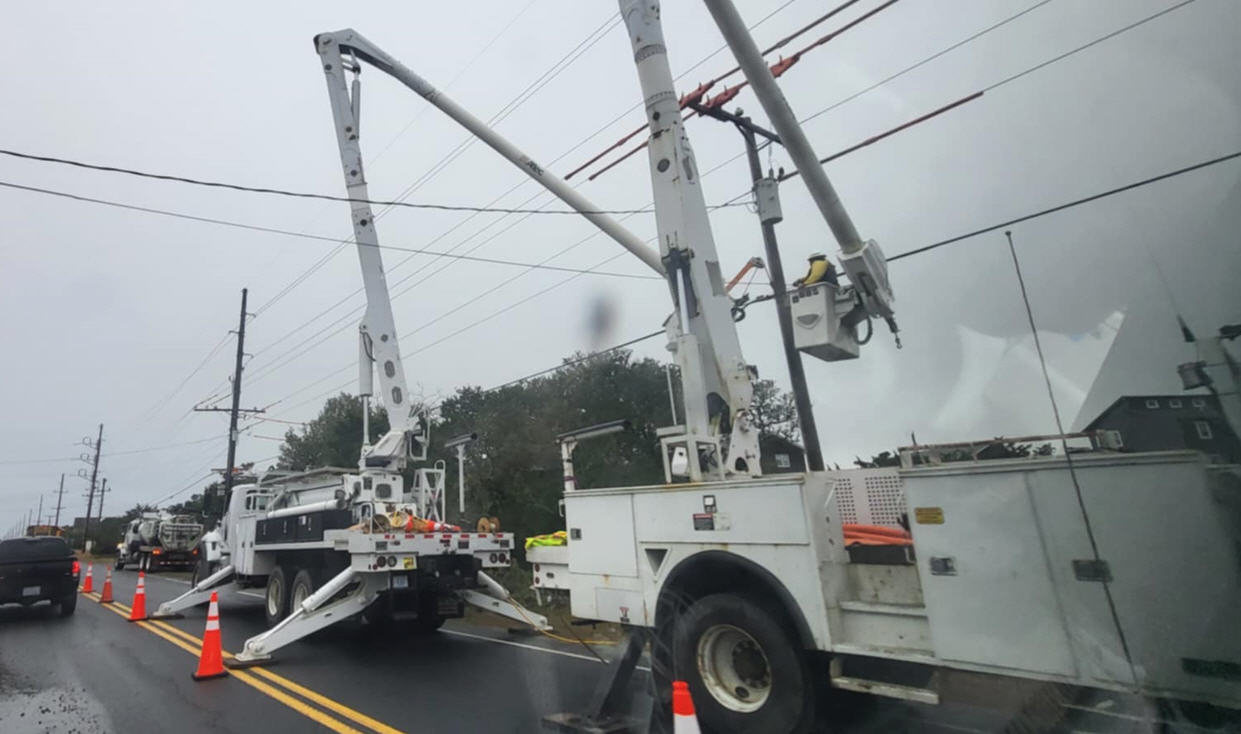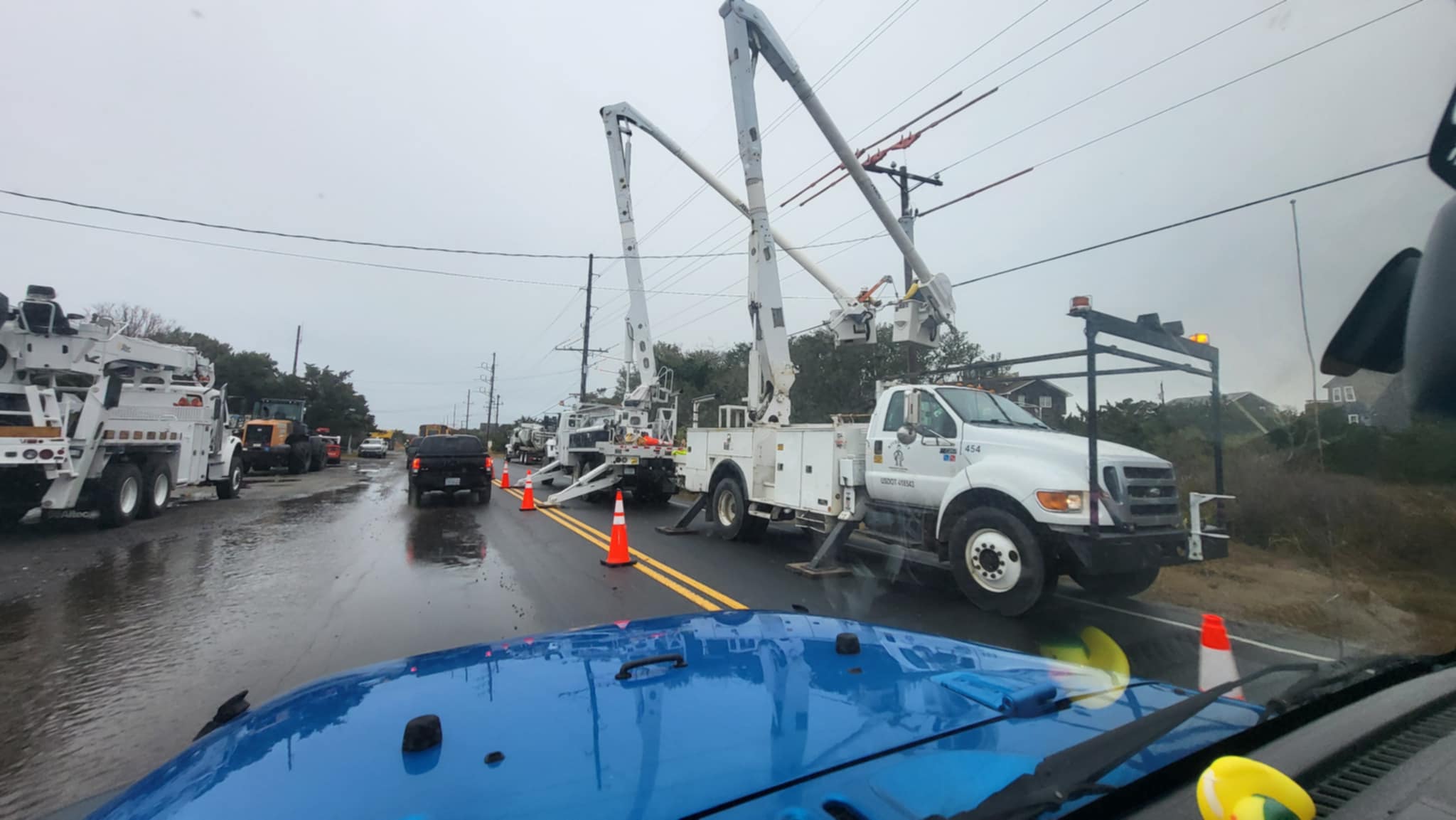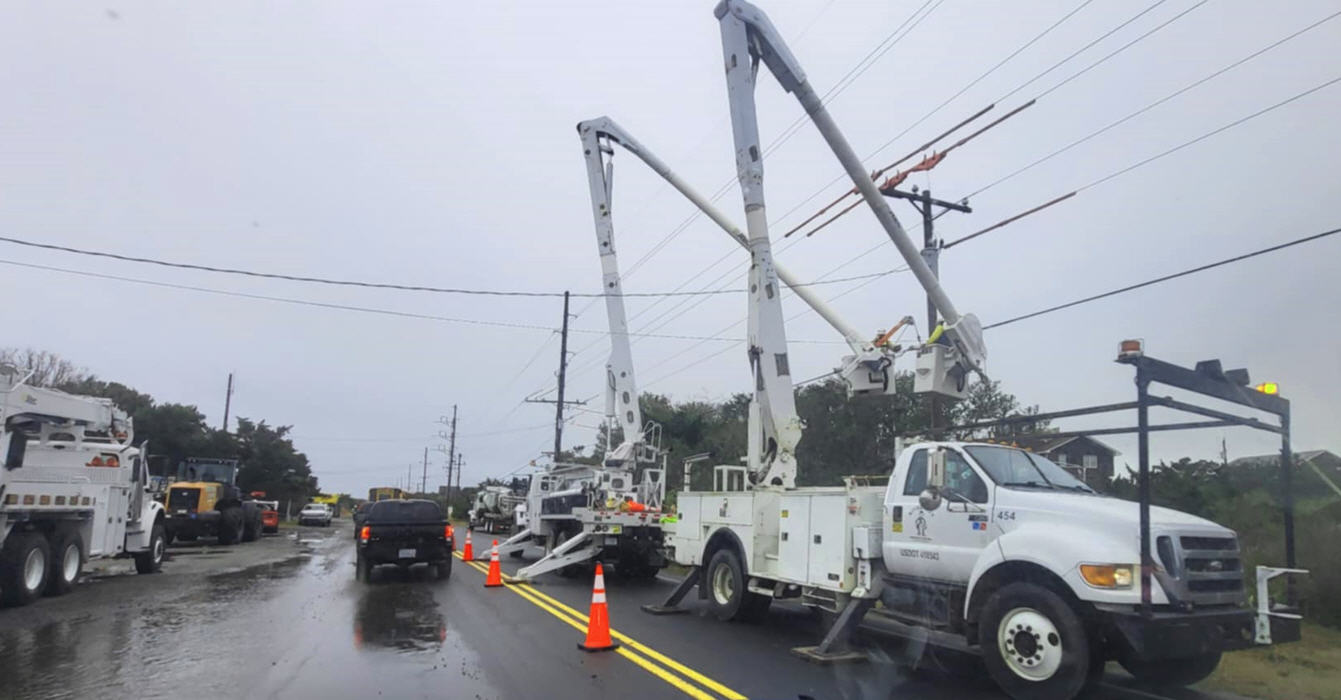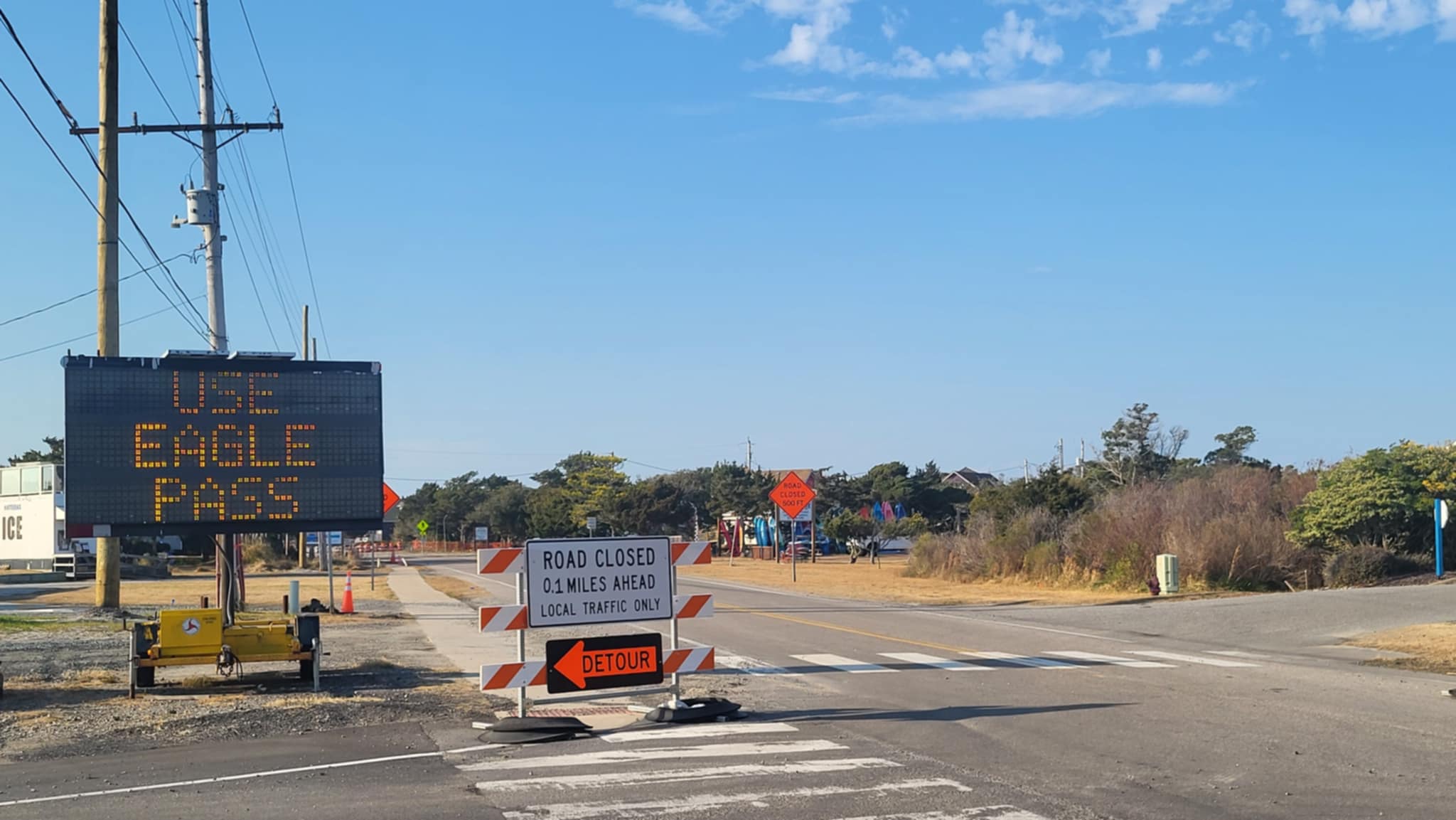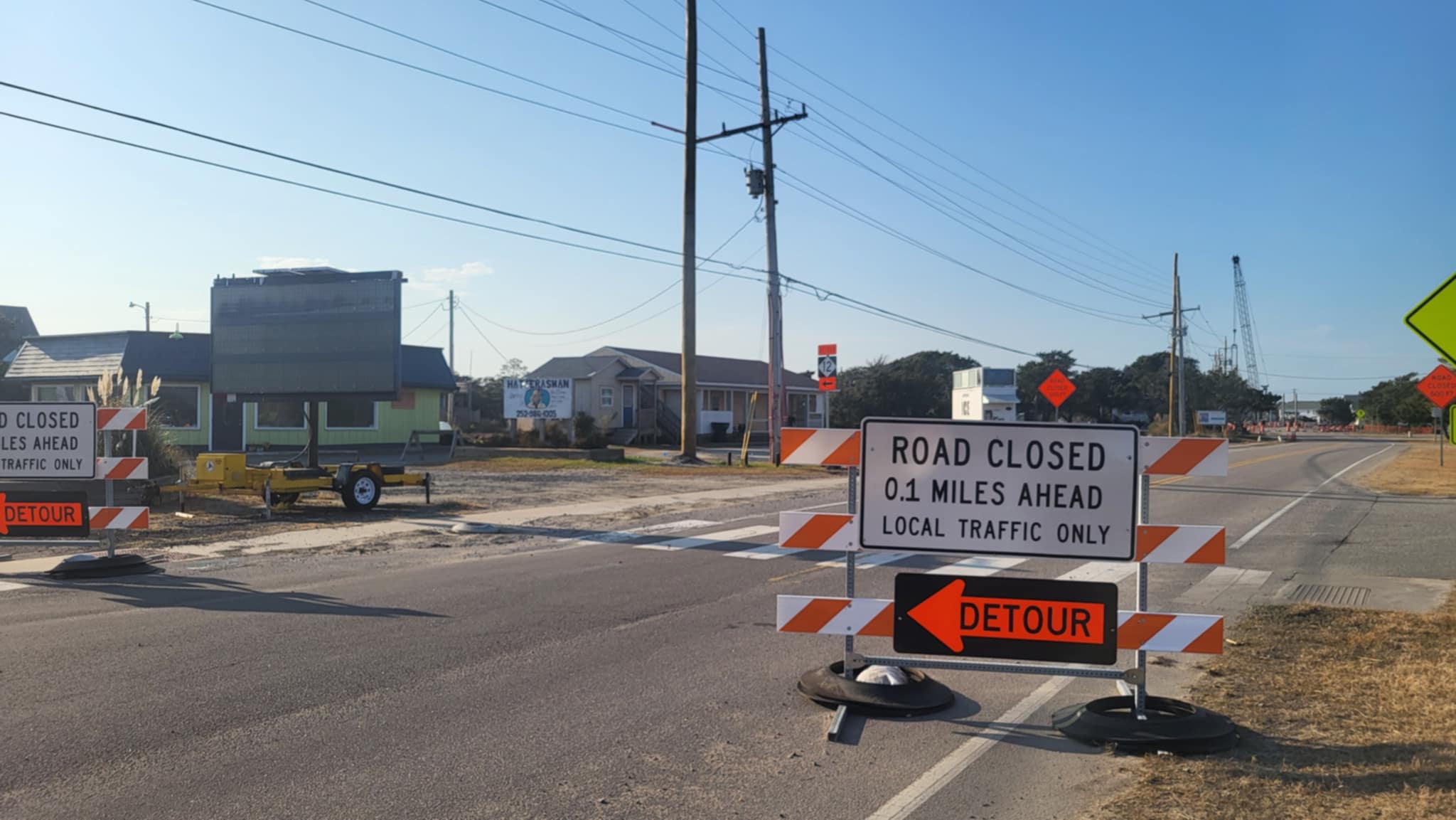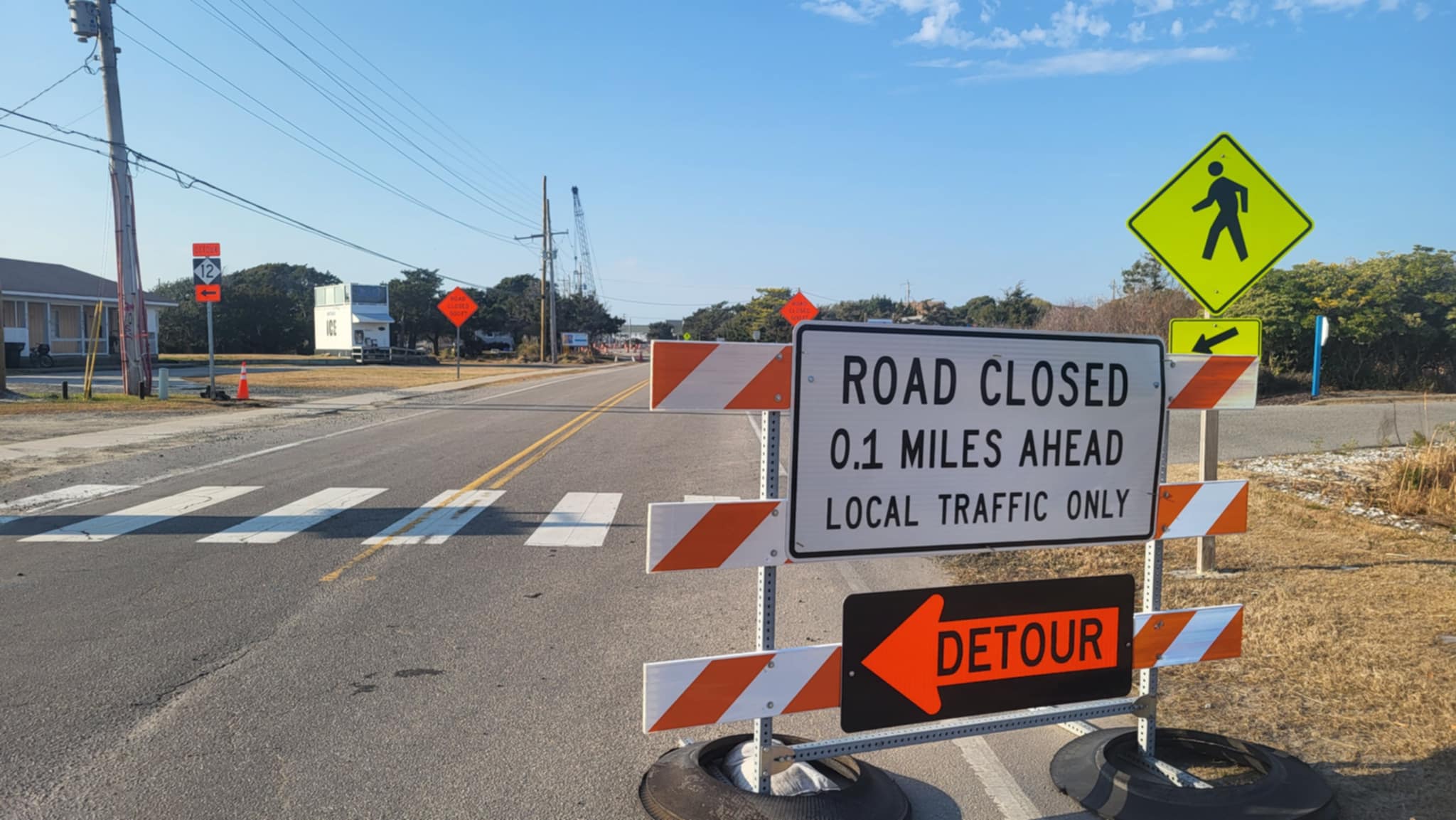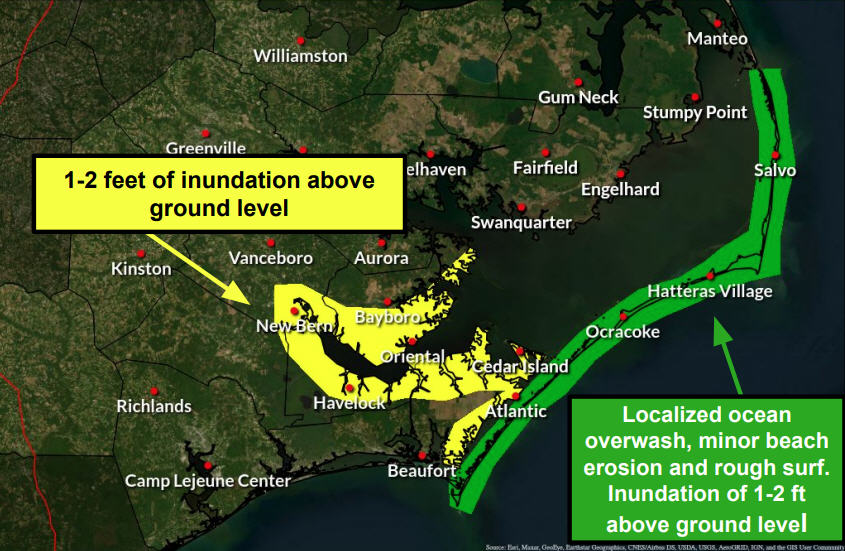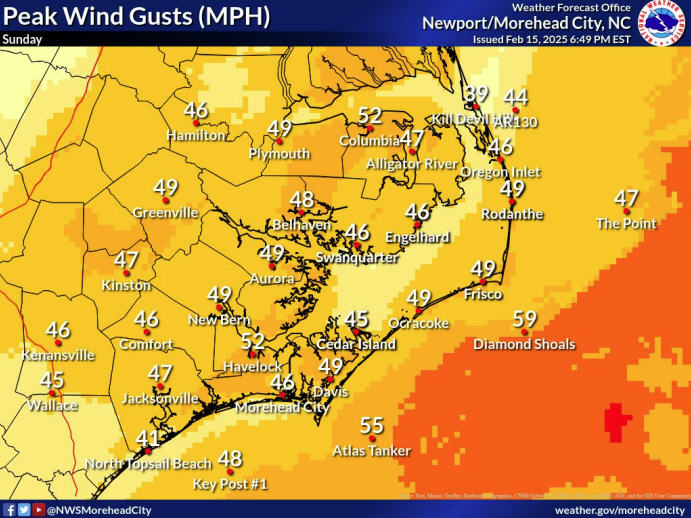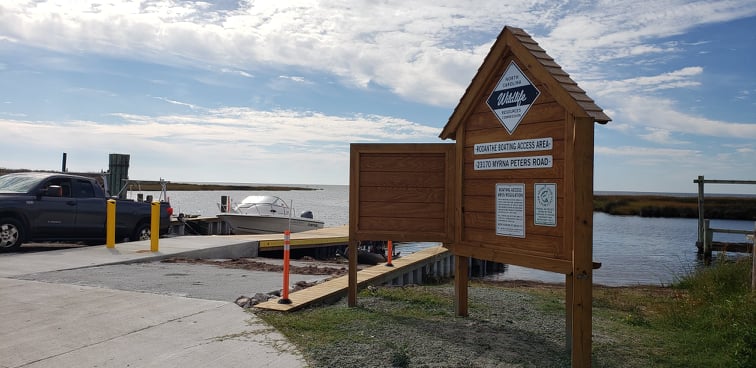Plastic bag ban will expand to all businesses on the Outer Banks on Oct. 1
(Editor’s Note: It’s been almost five years since a ban on plastic bags on the Outer Banks became effective. It has not eliminated litter on OBX highways, but it surely is a good thing to see fewer of the bags flying around on the roadside. Most shoppers have gotten used to taking their cloth bags with them when they are shopping — and many visitors do the same.)
More shoppers on the Outer Banks will be carrying their purchases in paper bags after Oct. 1, when the year-old ban on plastic bags is widened to all retail businesses on the barrier islands.
The legislation, part of the budget bill passed by the North Carolina General Assembly in May, also eliminates the option to use thicker plastic bags in lieu of paper bags, but includes a one-year grace period for merchants to use up existing plastic bag stock. It continues to allow plastic bags for fresh produce, meat, and fish and is effective only on the Outer Banks in Hyde, Currituck, and Dare counties, excluding Roanoke Island.
The current ban, enacted in September 2009, applies only to establishments 5,000 square feet or larger or businesses with at least five stores in the state.
The bottom line now is that all Outer Banks retailers, no matter how small, will have to have paper bags available for those customers who need a bag. And at least initially, that could be easier said than done. Paper bags are more bulky and expensive, and, in several ways, less useful.
“It is such a touchy issue,” said Leslie Lanier, owner of Books To Be Red on Ocracoke Island.
As a small business owner who is “certainly all for the environment,” she said she has mixed feelings about the ban. Some customers, she said, want a plastic bag because they’re easy to carry on their bicycles and it keeps their purchases dry. Or they like to take the bags home to use for garbage or dog cleanups. And other customers object if an item is bagged at all, she said.
“I don’t care if you want a bag or you don’t want a bag,” Lanier said. “But when they want a plastic bag, I think it’s going to be an issue when you can’t give it to them.”
Re-usable bags with Ocracoke logos are available to buy at her small shop, she said, but because she can’t afford to buy in bulk, they can’t be sold at competitive rates without her losing 75 cents each.
Lanier said that the newest bag issue is not yet a discussion topic in the community. At a recent meeting of the Ocracoke Business and Civic Association with about 40 attendees, Lanier said she mentioned the coming legislative change.
“They had no idea what I was talking about,” she said.
Carol Busbey, owner of Natural Art Surf Shop in Buxton, said that for years she has been re-using the plastic bags that wrap practically every item that is shipped to the store for customer purchases.
“Does that mean I have to now throw them away and put them in the landfill?” she asked. “I’m in an odd spot because I don’t want to throw the stuff away.”
Busbey, who has been in business for 32 years, said she also bought bio-degradable plastic bags to use for customers, and she recycles all her boxes, bubble wrap, and packing peanuts to other island businesses.
Bag or no bag, she said, nothing seems to stop thoughtless people from throwing trash out their windows.
“It’s just different litter,” Busbey said.
Although BlueGreen Outer Banks, a new non-profit that fosters sustainability, is expected to offer business owners a chance to buy discounted paper bags, ultimately community leaders would like to nudge consumers toward a “no bag, thank you,” mindset.
“Our thing is ‘bag the bag,’” said Willo Kelly, chairwoman of BlueGreen Outer Banks.
Customers can often toss a purchased item in their purse, carry it as-is, or put it in a re-usable bag they brought with them. But even many of the so-called cloth bags that can be bought for $1 at many businesses, Kelly said, are made from woven plastic fibers and are manufactured in China. As an alternative, the group encourages efforts to make tote bags out of old cotton T-shirts.
“It takes about 10 minutes to cut it and to sew it,” she said.
BlueGreen Outer Banks plans to purchase several sizes of plain brown paper bags in bulk and have them available for merchants to pick up on a designated day, probably on Earth Day, Kelly said.
State Sen. Marc Basnight, the Manteo Democrat who championed last year’s pilot program, had had many constituents on the Outer Banks tell him they supported expanding the ban to all Outer Banks businesses, said spokesman Schorr Johnson.
Basnight has said that the flimsy bags, made of carbon-based polyethylene, litter the beaches and harm sea life.
A letter the senator sent earlier this summer to more than 600 Outer Banks business owners asking for input received fewer than a dozen negative responses, Johnson said. But mostly, there was no response at all. Taking human nature into account —- the propensity to speak up only when unhappy — that was taken as a positive, he said.
Johnson added that Basnight is not planning to pursue a statewide ban.
“He does not like plastic bags, but this is not an issue that he feels would pass in the legislature at this time or anytime soon,’ Johnson said.
After the bill passed, representatives of the Outer Banks Chamber of Commerce, Dare County, the Outer Banks Visitors Bureau as well as Kelly met to discuss how to help small business owners afford paper bags. Working with the chamber, the bureau sent inquiries to about 920 retailers and restaurateurs to gauge potential interest in a bag-buying consortium.
From the 400 or so respondents who expressed interest, it was determined that there needed to be a minimum 20 percent savings, said Lee Nettles, managing director of the Visitors Bureau.
The best deal with a sustainable manufacturer who employs North Carolinians was found with International Paper, he said. Right now the plan is to have the bags trucked in and distributed in one day, so warehousing will not be an issue.
But costs, which range from 3 cents each for small bags to 7 cents for a grocery bag with no handle to 10 cents for one with a handle, won’t be nailed down until demand is clear.
“Ultimately, we won’t know until the program is fully launched and the orders go out,” Nettles said. “It’s a chicken or egg thing. You can’t lock in prices until you know the quantity. And you can’t know the quantity until you know the prices.”
At some point in investigating the options, he said, it was decided that it was most appropriate for a non-profit like BlueGreen to handle the finances and organizing.
Nettles said that in the future, there may be interest in purchasing reusable bags with an Outer Banks logo to use as a marketing tool. But that involves a whole other level of complexity.
“I didn’t want the program to collapse before we even started,” he said.
John Bone, the chamber’s president, said that after some griping from some members, businesses have adjusted to the bag ban, and he is confident the additional small businesses will too.
It’s not just that a plastic bag ban is a good fit with preservation of the Outer Banks’ beautiful environment, he said. It’s also that visitors are actually starting to bring their own bags.
“Our guests are becoming more and more demanding that we recycle,” Bone said. “I think that as a community that caters to the visitor, we’re going to be thinking about doing more of that.”
(Catherine Kozak, a former reporter for The Virginian-Pilot in the Nags Head office, is now a freelance writer for The Island Free Press and other publications.)





